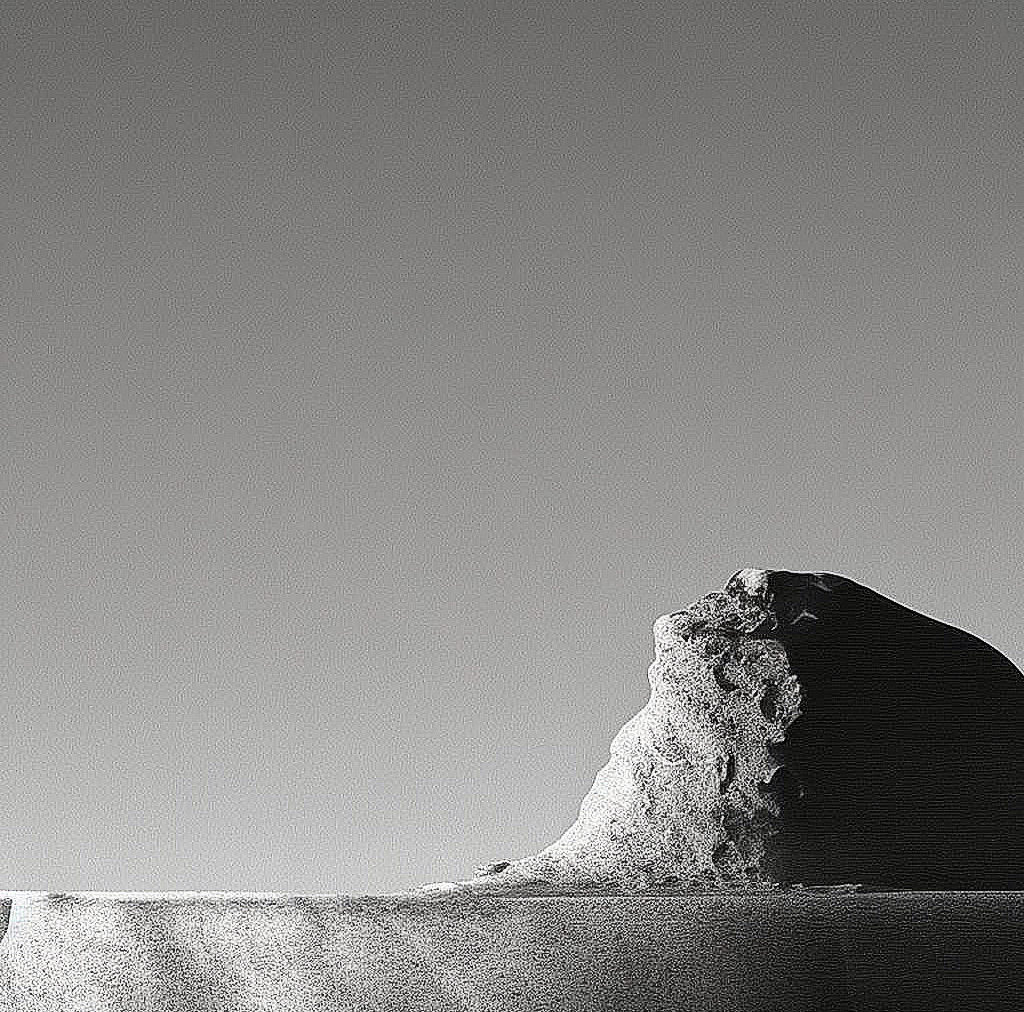Plato did not invent the word “philosophy”, but he rendered its meaning and scope radically other; he totally changed its significance, questioning, and path.
Philosophy, Socrates says in Gorgias, occurs as constant self-examination, which involves rational self-justification. To be a philosopher is to love philosophy and philosophizing; to be a philosopher is to constantly examine and justify oneself before oneself.
Those who philosophize, those who seek this form of knowing and this kind of wisdom, are neither ignorant nor wise; they have minimal wisdom, rendering apparent and revealing how ignorant they are; they are wise enough to realize that they are ignorant, to realize how ignorant they are.
The philosopher seeks neither honor nor glory, and neither money nor power, but rather learning, thinking, and the truth. Philosophy is not a search for what is new; the philosopher neither looks at nor looks for what is new; the philosopher looks at and looks for only the true and the truth.
The philosopher looks at and looks for the thing in itself. To philosophize is to search for the permanent and the intelligible, that is, the true. The philosopher loves what is true and is constantly looking for the truth.
Between the philosopher and death, there exists a relation, for only the soul is able to glimpse and think toward that which hides itself from the eyes. Only philosophizing and philosophical thought could reveal what is obscure and what hides itself from the eyes.
The philosopher directs the soul and the state toward the good and what brings about goodness. This directing of the soul and the state is first made possible because philosophy occurs as self-knowing and rational self-justification. This self-examining is a reminder that intelligence should rule and govern the state so that it could survive, so that it could be saved.
The philosopher knows that philosophy is constantly exposed to its own disappearance, destruction, and death. The philosopher knows that the extinction of philosophy is a threat constantly accompanying philosophy throughout its whole existence.
The philosopher thus philosophizes philosophy by preserving and safeguarding what allows it to survive and hold sway and by philosophizing and thinking against what threatens its survival.
Hence, philosophy needs philosophers so that it could endure, so that it could survive. Because the absence of philosophers remains a possibility, a time might come when the death of philosophy is experienced and announced, when philosophy disappears and is forever lost.
Philosophy involves knowing and realizing that its own death or disappearance is a genuine possibility. Philosophy is not eternal; its existence is neither eternal nor guaranteed. Philosophy is constantly in danger. To philosophize is to question from out of this danger.
Philosophy and Death
Death is a recurrent theme in the thinking-philosophizing of Plato. There are, therefore, many ponderings on grief, mourning, sorrow, and healing in the dialogues philosophizing and thinking toward death and dying. The fear of death, Plato says, burdens humans while they are awake and haunts their dreams.
Schopenhauer on Death and Afterlife
In the thinking-philosophizing of Schopenhauer, death is central because it is linked together with the “will-to-live”. Death is the fragility pervading our existence; a fragility necessarily delivering into philosophizing
At the end of Division One of Being and Time, Heidegger says that investigating the everydayness of Dasein makes understandable and hence brings nearer to Dasein’s being, yet it does not bring Dasein wholly, completely, or fully face to face with itself; that is, it does not bring “Da-sein as a whole in view”.
Heidegger on “Being-Toward-Death”
For Heidegger, death brings closer to the question of the meaning of Being: “Death opens up the question of Being”. Heidegger says that only to the human being belongs the possibility of being brought face to face with death: “Only humanity ‘has’ the distinction of standing and facing death, because the human being is earnest about Being: death is the supreme testimony to Being”.
In Being and Nothingness, Sartre criticizes Heidegger’s conception of death in Being and Time and offers his own account of the finitude of existence, which is grounded not in the certainty of death, but rather in our choices and freedom.
For more articles on Plato’s philosophy, visit this webpage.

